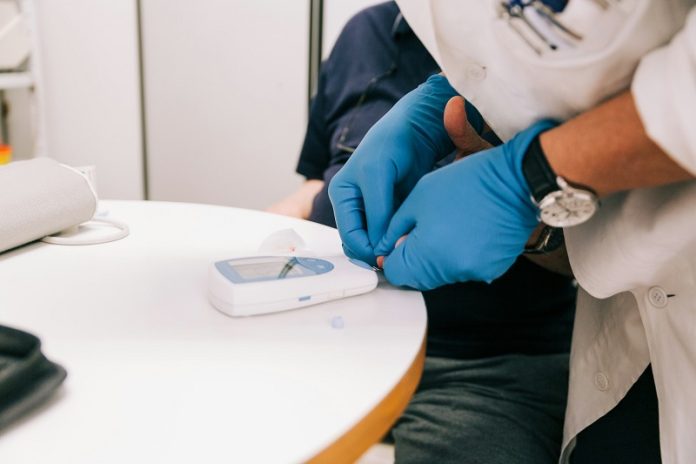
A new study led by researchers at Mount Sinai in New York has found that exposure to a group of man-made chemicals known as PFAS—often called “forever chemicals”—may increase the risk of developing type 2 diabetes.
The research was published in eBioMedicine and adds to growing evidence that environmental toxins may play a role in chronic diseases.
PFAS (per- and polyfluoroalkyl substances) are a large group of synthetic chemicals used in many everyday products, including nonstick cookware, stain-resistant fabrics, waterproof clothing, and food packaging.
These chemicals are known as “forever chemicals” because they do not break down easily in the environment or the human body, meaning they can build up over time.
In this study, researchers examined data from the BioMe Biobank, a large health database that contains records from over 70,000 patients treated at Mount Sinai Hospital since 2007.
The team focused on 180 people recently diagnosed with type 2 diabetes and compared them to 180 people without the condition. Each pair was matched by age, sex, and ancestry to ensure a fair comparison.
The researchers tested blood samples to measure PFAS levels and found that individuals with higher levels of these chemicals were significantly more likely to develop type 2 diabetes in the future. For each increase in PFAS exposure, the risk of developing diabetes rose by 31%.
The study also looked at how PFAS may affect the body’s metabolism. They found possible links between PFAS and disruptions in the body’s ability to process amino acids and medications—processes that are closely connected to how the body controls blood sugar.
Dr. Vishal Midya, one of the study’s authors, explained that PFAS are found in countless products and can stay in our bodies for a long time. Because of their widespread presence and resistance to breaking down, they are a growing concern for public health. This study is one of the first to show how PFAS may contribute to diabetes risk, especially in diverse populations.
Dr. Damaskini Valvi, another lead researcher, emphasized that understanding how environmental chemicals like PFAS interact with genetic, lifestyle, and clinical factors could help us create better prevention strategies for chronic diseases like diabetes. She also called for larger studies that follow people across their lifetimes, including during critical periods like pregnancy and childhood, to fully understand how environmental exposures affect long-term health.
This research highlights the need for stronger regulations to reduce PFAS exposure and protect vulnerable populations from developing preventable health conditions like type 2 diabetes.



